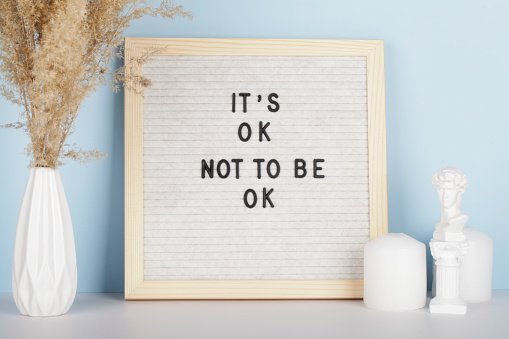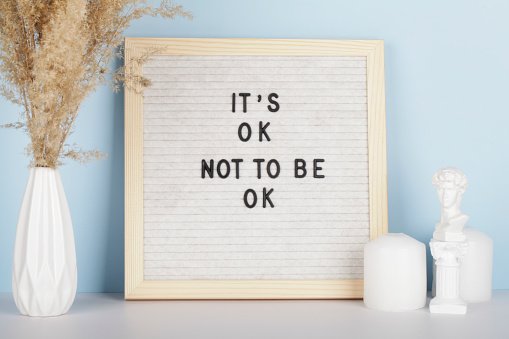When a loved one is struggling with mental health or life difficulties, and they come to you for support it can be hard to know how to navigate the conversation or how to respond. Sometimes, it is instinctual to jump into “fix it” mode with advice or to become overly positive. While this can be helpful at times, it can also be a strength to provide validation or to be a comforting presence. Providing validation does not mean that you necessarily agree with this person, rather it is taking the time to learn about the emotions, show respect, and express acceptance. The following are some helpful tips for providing support and emotional validation for a loved one:
1. Use active listening skills: Make sure that you are staying in the moment and taking the time to really listen to what the other person is saying without any interruptions. Use body language that shows that you are listening by making eye contact and facing them while they are speaking. Take note of any emotions they may be expressing and what it is that they are experiencing. This provides a basis of understanding and can help guide you through the conversation.
2. Ask questions: If you find yourself not having a full understanding as to what they are trying to express or communicate take the time to ask clarifying questions. Sometimes it can be intimidating to ask questions because you do not want to pry, but asking questions shows that you are trying to understand what it is they are trying to communicate with you.
3. Show understanding and reflection with validating statements: It can be difficult to know how to respond or what to say during these conversations. A simple acknowledgement of their emotions can provide comfort and understanding. Validating statements could include but are not limited to: “thank you for sharing this with me”, “I understand”, “I can see that you are feeling…”, “I can’t begin to imagine…”.
4. Ask how you can help: After listening to someone’s struggles and emotions, it becomes easy to provide advice, however it is important to remember that this may not be what they need. Rather than just assuming or feeling pressured to provide a solution, it can be useful to ask what it is that they need from you. This lets the other person know that you are listening and want their input on the type of support that they are seeking. This can be done with questions such as “how can I support you?”, “what do you need right now?”, “would you like some advice on this situation”.
5. Follow up: Take the time to follow up with your loved one after they express something difficult. Check in on them later in the week or even later in the day, this lets them know that you are thinking of them and that you will continue to be a positive support for them. The follow up also validates the emotions and experiences that were shared.
In need of emotional validation? Looking for further assistance in supporting others? Click here.

